Every parent knows that Facebook for kids and children on social networking sites need to vigilantly safeguard their privacy. Apparently lawmakers know that too, and legislators in California are proposing a new bill aimed at protecting the privacy of social networking users.
Initially, the proposed bill only applied to users under 18, but that provision has since been struck and the bill would now apply to users across the board regardless of age. It would require social networking websites to:

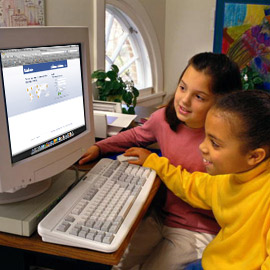
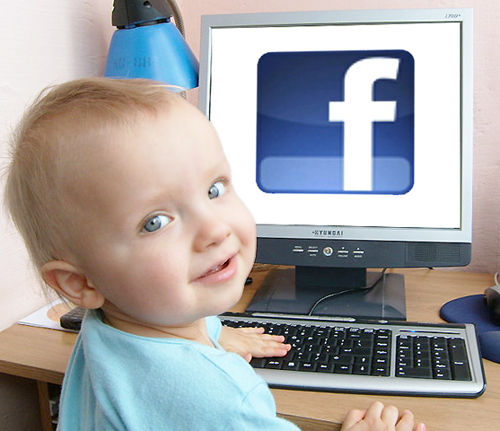
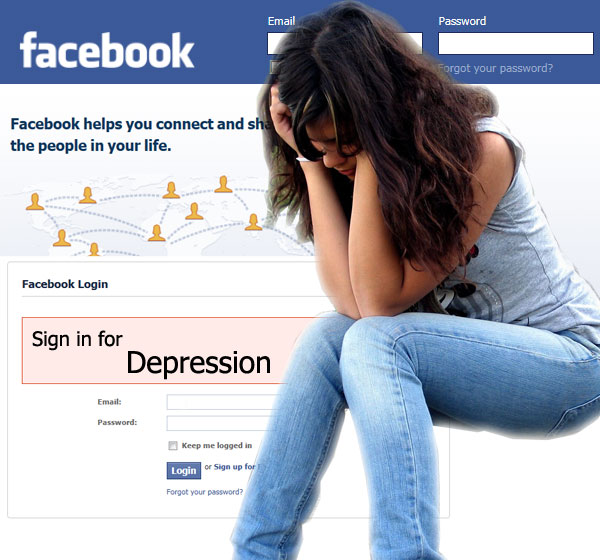
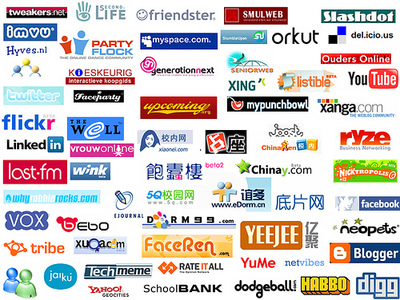
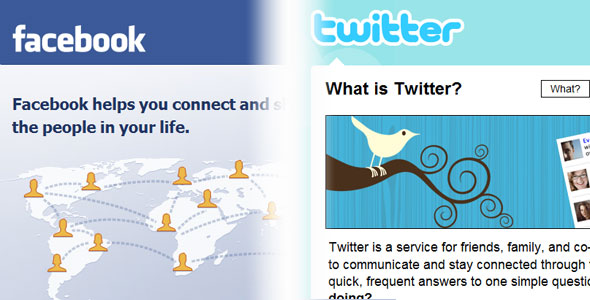

 Kids today keep track of their homework assignments, their schedules, and their lives in general on social networks. Just one more reason for parents to keep an eye on their teen's Facebook and MySpace pages.
Kids today keep track of their homework assignments, their schedules, and their lives in general on social networks. Just one more reason for parents to keep an eye on their teen's Facebook and MySpace pages. By now, all parents should be well aware of the potential dangers of cyberbullying and Internet predators on social networking sites. But social networking can also keep our kids safe in ways previously unavailable.
By now, all parents should be well aware of the potential dangers of cyberbullying and Internet predators on social networking sites. But social networking can also keep our kids safe in ways previously unavailable.  If you think that only kids that are the victim of cyberbullying, think again.
If you think that only kids that are the victim of cyberbullying, think again.  You don’t need an expert to tell you that you lived a different childhood than your kids do. You remember when you had to get up and turn the dial on the TV to change channels; your teen can’t understand how a world without Facebook or MySpace would even function.
You don’t need an expert to tell you that you lived a different childhood than your kids do. You remember when you had to get up and turn the dial on the TV to change channels; your teen can’t understand how a world without Facebook or MySpace would even function. As the word
As the word  Would your teen start to get the shakes after 15 minutes if you took away the computer and all their Bluetooth-enabled devices? If so, it may be time to worry about their online usage’s impact on their mental health.
Would your teen start to get the shakes after 15 minutes if you took away the computer and all their Bluetooth-enabled devices? If so, it may be time to worry about their online usage’s impact on their mental health. Facebook seems to have more of an interest these days in keeping its users, particularly children and teens, safe from social networking dangers such as cyberbullying and
Facebook seems to have more of an interest these days in keeping its users, particularly children and teens, safe from social networking dangers such as cyberbullying and  In March, Ashleigh Hall’s name was splashed across newspapers everywhere after her body was found in a ditch. The 17-year-old had done something that a worrisome number of teens do: made a new friend on Facebook and gone to meet him.
In March, Ashleigh Hall’s name was splashed across newspapers everywhere after her body was found in a ditch. The 17-year-old had done something that a worrisome number of teens do: made a new friend on Facebook and gone to meet him.
 Facebook isn’t strictly a photo sharing site, but it’s increasingly being used as one – especially by teens.
Facebook isn’t strictly a photo sharing site, but it’s increasingly being used as one – especially by teens.